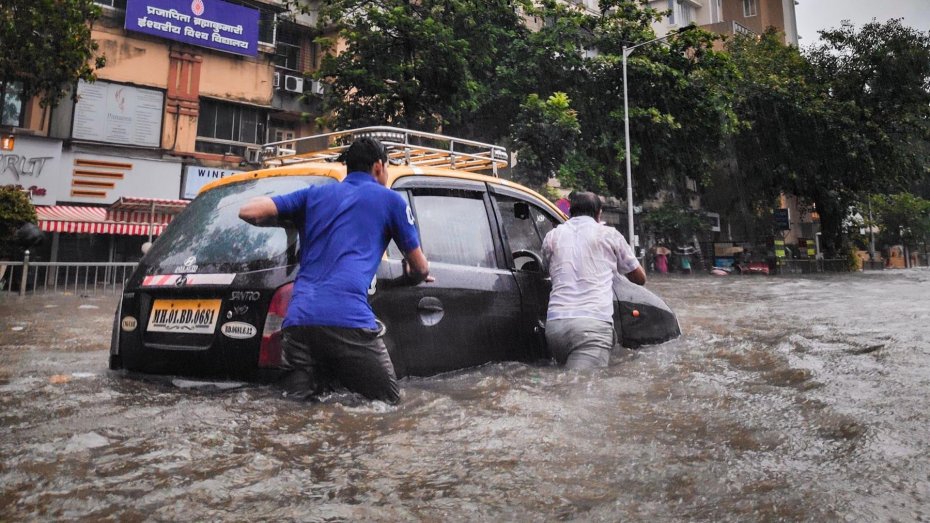Inclusiveness and resilience are key to creating SMART approach to flood early warning systems
Posted 10th March 2023

Local knowledge helps us better understand the risks communities face from global change - improving flood early warning, adaptive capacity and resilience.
Floods continue to be a wicked problem, particularly within mountainous regions where extreme floods are becoming more frequent and devastating - with significant loss/ damage to the lives and property of vulnerable people. We must engage with local communities and better understand the risks posed by hydrometeorological extremes and the uniqueness of watershed characteristics to improve flood preparedness, response and mitigation.
World Meteorological Day 2023 (23 March) links climate, water, and people, whilst World Water Day 2023 (22 March) calls for people to “be the change” and take action on water management. Last year’s World Meteorological Day emphasised the importance of information generation and sharing to reduce risks – a call to action that includes: exploring the diverse contextual risk angle and community reactions; developing community trust in government agencies and technology-focused forecasting; minimising data limitations to ensure effective impact-based forecasting; and developing effective communication strategies. All these points need deeper exploration to ensure early warning system are SMART and inclusive – particularly in data-scarce regions.
"Our recent work on inclusiveness in designing an early warning system for flood resilience highlights how a SMART approach encourages bottom-up initiatives to develop more inclusive and purposeful early warning systems."
Dr Tahmina Yasmin, Dr Kieran Khamis & Professor David M. Hannah - University of Birmingham.
